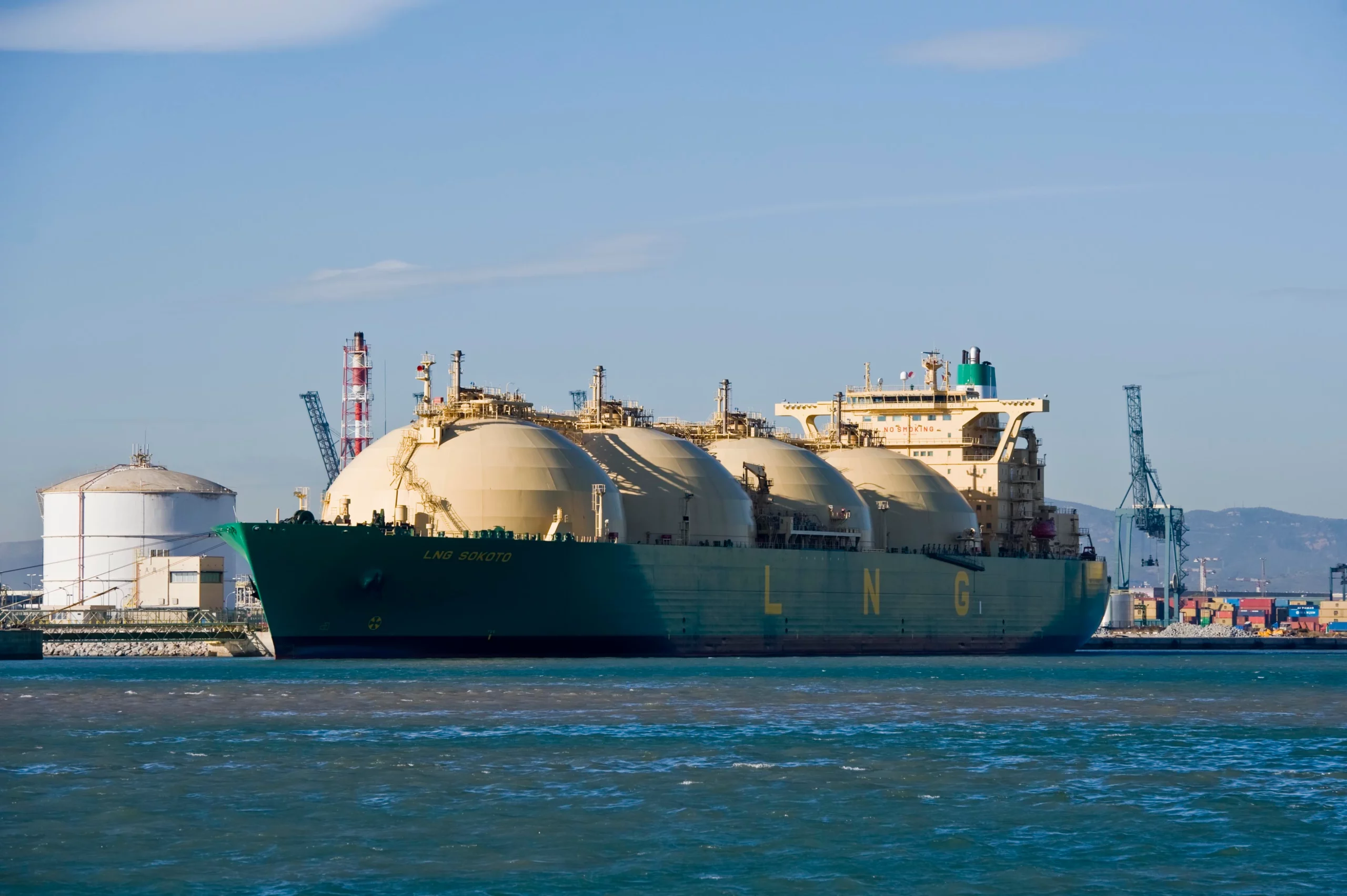In 2023, Brazil significantly reduced its natural gas imports to just 6.5 billion cubic meters, the lowest in 20 years.
This trend of declining imports continued since 2015, except for a brief increase in 2021.
The reduction aligns with Brazil’s push to increase domestic natural gas production and pivot toward renewable energy sources.
The National Agency of Petroleum, Natural Gas, and Biofuels (ANP) data revealed a sharp decrease from the 9 billion cubic meters imported in 2022.
This consistent drop in natural gas imports is part of Brazil’s broader strategy to lessen its reliance on foreign hydrocarbons.

Despite Brazil’s ambition to become a global oil powerhouse, with Petrobras planning significant investments in exploration and gas production, these efforts alone don’t explain the decline in imports.
Instead, Brazil’s investment in hydroelectric, solar, and wind energy has been pivotal.
Droughts in 2015 and 2021 pushed Brazil to use more gas despite hydroelectric power generating up to 75% of its electricity.
Yet, Brazil’s shift to renewables shows its aim to cut reliance on foreign gas and diversify energy sources.
Background
This strategic shift in Brazil’s energy consumption patterns clearly indicates the country’s evolving energy landscape.
Over the past two decades, Brazil has been actively diversifying its energy sources, reducing its dependence on imported natural gas.
The shift towards renewable energy sources, particularly hydroelectric, solar, and wind power, marks a significant move towards sustainability and energy independence.

